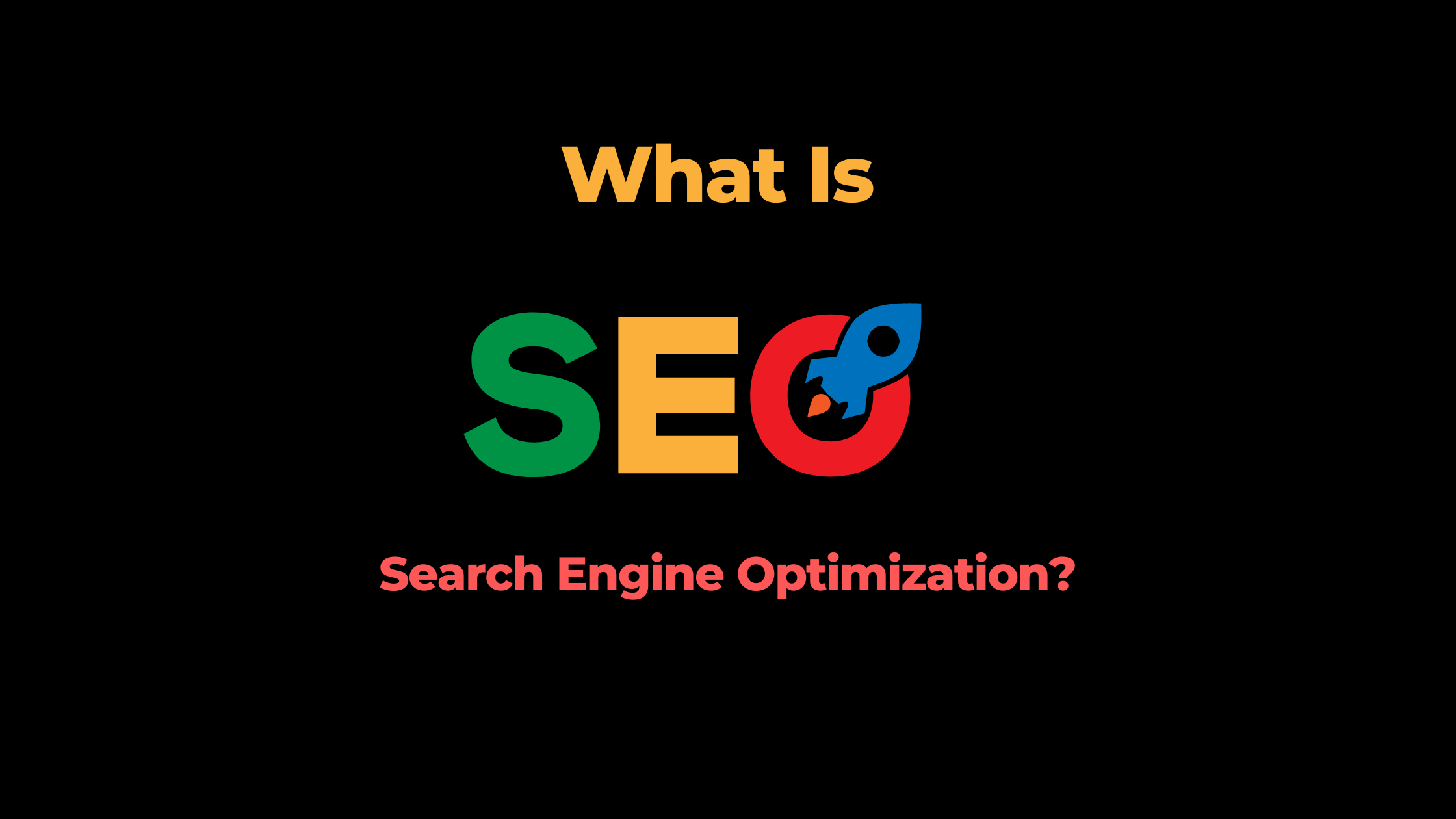What Is SEO – Search Engine Optimization?
Search Engine Optimization (SEO) is a critical part of digital marketing that helps businesses and websites improve their visibility and rankings in search engine results pages (SERPs). SEO techniques aim to make websites more appealing to search engines by optimizing content, building links, and improving user experience to attract organic traffic. In this article, we will explore the basics of SEO, its importance, and how businesses can implement effective SEO strategies to enhance their online presence.
The Basics of SEO:
SEO is a complex process that involves several tactics and strategies to improve website visibility in search engine results pages. Some of the essential elements of SEO include:
- Keyword Research – Keyword research is the process of identifying and analyzing the phrases and terms that people use to search for information, products, or services online. This helps businesses to target the right audience and optimize their content accordingly.
- On-page Optimization – On-page optimization involves optimizing website pages, including titles, headings, meta descriptions, and content, to make them more search engine-friendly.
- Off-page Optimization – Off-page optimization involves building links and developing a strong online presence through social media and other channels.
- Technical Optimization – Technical optimization involves improving website performance, security, and structure to make it more user-friendly and search engine-friendly.
The Importance of SEO:
SEO is crucial for businesses and websites for several reasons, including:
- Increased Traffic – SEO helps businesses to attract more organic traffic to their website by improving their visibility in search engine results pages.
- Improved User Experience – Effective SEO strategies can help businesses to improve their website’s usability, speed, and overall user experience, which can lead to better engagement, conversion rates, and customer satisfaction.
- Cost-Effective – SEO is a cost-effective marketing strategy compared to other digital marketing tactics, such as paid advertising.
- Competitive Advantage – Businesses that implement effective SEO strategies can gain a competitive advantage over their rivals by ranking higher in search engine results pages.
How to Implement Effective SEO Strategies:
To implement effective SEO strategies, businesses can follow these steps:
- Conduct Keyword Research – Conduct thorough keyword research to identify the phrases and terms that people use to search for products or services in your industry.
- Optimize Website Content – Optimize website content, including titles, headings, meta descriptions, and content, to make it more search engine-friendly.
- Build High-Quality Backlinks – Build high-quality backlinks to your website from authoritative websites in your industry.
- Develop a Strong Online Presence – Develop a strong online presence through social media, guest blogging, and other channels.
- Analyze and Monitor Performance – Analyze and monitor your website’s performance regularly to identify areas of improvement and adjust your SEO strategy accordingly.
In conclusion, SEO is a critical component of digital marketing that can help businesses improve their online presence and attract organic traffic to their website. By implementing effective SEO strategies, businesses can improve their visibility and rankings in search engine results pages, which can lead to increased traffic, better engagement, and higher conversion rates.




